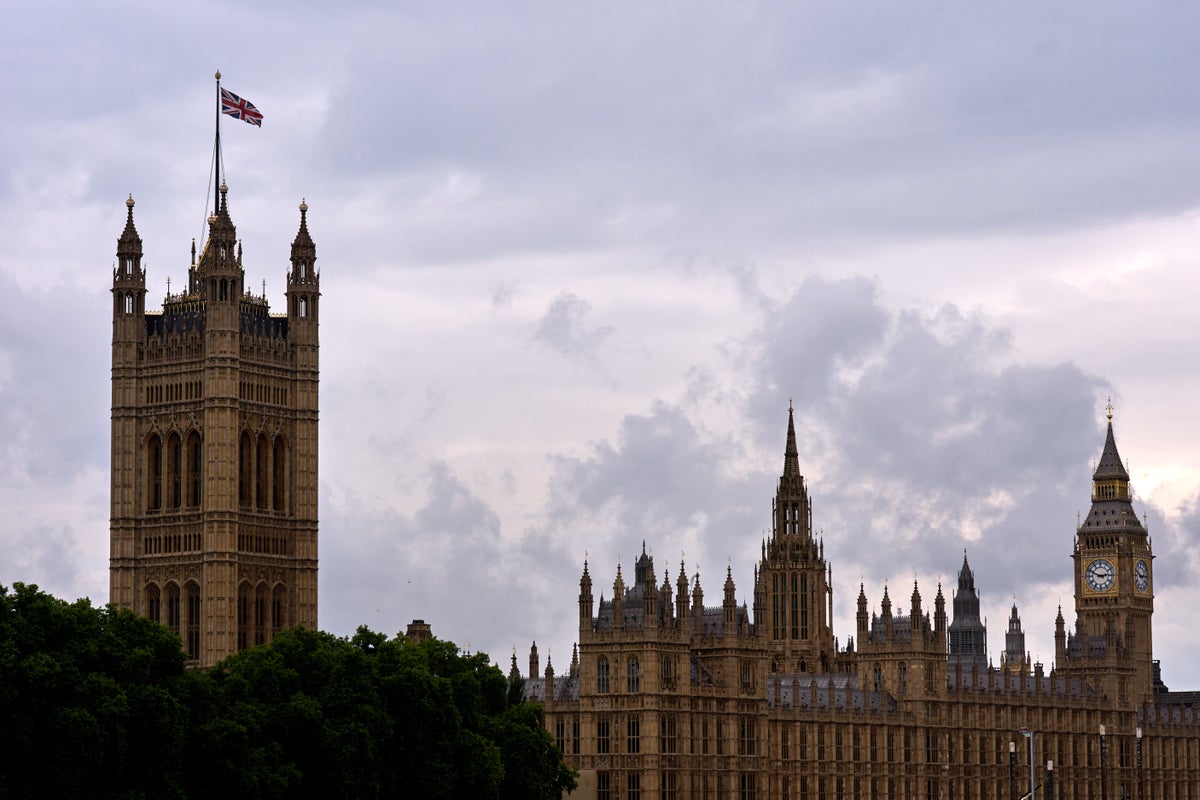
Parliament will continue sit for a single session until spring of next year, ministers have announced.
The session, which began in July last year after Labour won the election, could run to nearly two years long as a result of the announcement.
Sessions usually lasts for around a year, but have been known to run for longer, especially in the years following general elections.
During a session, ministers push through as many changes to the law as they can after laying them out in the King’s Speech, an agenda-setting ceremonial address by the monarch held to mark its beginning.
Bills which do not make it through both the Commons and Lords in that time to become law have to begin the legislative process again, unless special arrangements are made.
The longest session of Parliament in recent years ran between 2017 and 2019.
MPs were given a rare period over the course of three years to consider changes to the law needed to make the UK ready for Brexit.
At the time, it was said to have been the longest session since the Civil War period of the 17th century.
Commons Leader Lucy Powell said the “bumper” current session was needed so that ministers can progress changes to the law which Labour promised in its election manifesto.
Ms Powell said: “By any measure, this is a bumper first parliamentary session delivering on the Government’s plan for change. No new incoming government has set out such an ambitious legislative programme in its first year, that delivers for working people.
“We said we would tackle the cost-of-living crisis, put power and opportunity back into the hands of people and take on the vested interests holding us back – and that’s what we are doing. This autumn is going to be a busy term for parliamentarians.”
New workers’ rights, better protections for renters, and planning reforms are among the measures the Government are currently steering through Parliament.
Among the hurdles faced by the Government’s legislative agenda is backbench Labour outcry about the ecological impact of the Government’s house-building drive.
Ministers are also said to be faced with concerns from private sector bosses about the impact of the new workers’ rights package.
It will be up to the Prime Minister to decide when to call the session to an end, after which Parliament will be prorogued.
MPs and peers will then return once for a new session after a short break, commencing with the next state opening of Parliament.
The Government will likely oversee several more sessions of Parliament before having to return to the polls for the next general election.
